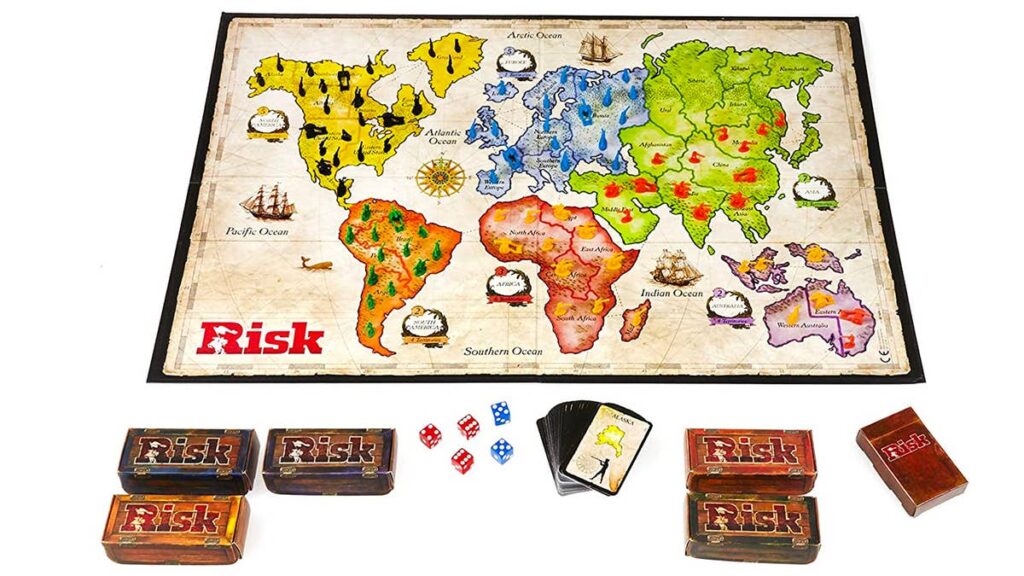I approach an improv scene in one of two ways, what I will call: premise and discovery.
Premise Improv

Let’s start with “premise.” When you start an improv scene with an idea about what you want the scene to be about, you’re starting with a premise. Your job is to efficiently and effectively communicate this premise to your scene partner so that they may assist you in your enaction of said premise. Hopefully you came up with this concept in the moment or based on some sort of opening game or monologue, and you didn’t think of it in the tub the day before. And even more hopefully you don’t start with something that you already did in rehearsal or class because it went well then, so it’s gotta work now. Right? Wrong. An audience will know if you aren’t being spontaneous. Even though premise isn’t the most spontaneous way to start an improv scene, it should still be inspired by what is going on in the moments since the show began.
Discovery Improv

“Discovery” on the other hand, can be far more spontaneous. It starts tabula rasa, from a blank slate. You start the scene without a preconceived notion of what it’s about. You might establish a setting or a relationship, maybe just an attitude or belief, but not a whole premise. Your scene partner does the same thing, and you put them both together and see what it looks like. You pay very close attention, “listen with paranoia” as the UCB say, but it’s more than just listening. Notice the body language, the distance and space, feel the temperature in the room, and react to the whole overall experience honestly through the character you create, a character that exists during that scene or that show alone. And then you build the scene, bit by bit, until everything clicks into place and the audience can’t believe you made it up because it seemed like you had it all worked out from the beginning. It’s like a magic trick.
RISK

Which one of those two approaches, premise and discovery, feels riskier than the other?
I think they’re both pretty risky. The premise route, for example, doesn’t work if no one gets your idea. That could mean that the audience doesn’t think it’s funny, or you can’t get your scene partner on board. Both can lead to an inauthentic forcing of ideas, and some of the most uncomfortable improv there is, like bearing down and pushing out a big obstinate turd. I’m guilty of it too, so I know.
But the “discovery” route is risky too, because you have no idea what you’re doing! It’s always true that anything can happen, but it feels extra when it’s on stage in front of an expectant audience. You must be keenly aware of what’s happening and identify something interesting without forcing it, which means you really must be present and engaged. It’s risky, but when it works: MAGIC.
Improv is Risky—Hooray!
Improv is always risky, but that’s a part of why it’s so great! Improv is also big enough for both approaches. Depending on your team or your show, both approaches can be successful. They’re just different, and you should probably be aware as a team, which approach you’re striving for and when (and why?). Different shows have different needs, and different groups have different strengths.
As always, I advise teams to make their group’s direction and intentions transparent and well understood by the group, whether they be pre-established by a coach or collectively guided by coach or consensus. OMG! Coaching can also be premise or discovery! Another blog topic! But I digress…
Premise and Discovery. Both approaches have their merits. Know the difference and relish in your newfound power!!! GLOBAL DOMINATION IS YOURS!!
